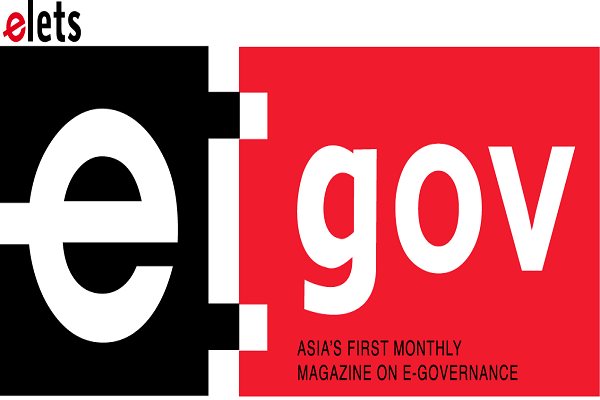
The usage of ICT for improving governance is an agenda with large ramifications. This needs policy enablements from various parts of the governemnt. It needs broader ecosystem of laws of the land, policies in various arenas which directly or indirectly help set the stage of ICT implementation for the masses. Here we identify 5 policies which have had a landmark effect on access to government information, public access to information technology and a broader governance framework in the nation.
Community Radio
The Cabinet on November 16, 2006 declared that the registered non profit organization can apply for the broadcast licenses. The adoption of Community Radio (CR) in NGOs is still to take off, due to lack of awareness, cumbersome process of granting permissions for giving licenses, lack of ecosystem for the growth for Community Radio etc. If these aspects get addressed in the implementation of this policy, this could bring in the long needed information revolution in the rural areas. The educational instituions have been starting to have CR in their campuses for some time now, but this revolution is yet to take off in the country.

Indian Space Programme
The Indian Space Program began in 1963. Undre this programme, INSAT series of satellites made an major impact on telecom scenario in India. Since August 15 1969 the management of space research and its utilization for peaceful purposes has been controlled by ISRO. In 1972 the Indian Government set up the Space Commission and entrusted a Department of Space (DOS) with responsibility for conducting the country’s space activities.. Under guidance of domain experts like V Sarabhai and S Dhavan from the very beggining of the programme, India has excelled in technologies in remote sensing, satellite launching, education specific satelites (EDUSAT) and broadcasting, among many other. Viewing in totality, the advancement in space programme has been a corner stone in furthering ICT in India.

National e-Governance Plan
NeGP has been articulated as to make all Government services accessible to the common man in his locality, through common service delivery outlets and ensure efficiency, transparency and reliability of such services at affordable costs to realize the basic needs of the common man.Under NeGP, the Ministry of Communication and Information Technology, has laid down guidelines for the setting up of core infrastructure, that is, establishment of SWAN, SDC and CSC, putting in place robust public service delivery mechanism with designing and crystallization of 27 Mission Mode Projects and 8 components, and conducting capacity building and training at Central and state level.
National Telecom Policies (NTP)
NTP of 1994 has clear objectives of improving the teledensity and providing telephone connections on demand. To meet consumers demand at reasonable prices it had set up particular targets, akin to covering six lakh villages and one PCO per 500 of population. Besides covering the uncovered milestones of this policy, the technological innovations and convergence necessitated the formulation of NTP1999. It encouraged development of telecom in rural areas making it more affordable by suitable tariff structure and making rural communication mandatory for all fixed service providers. As an outcome of these policies, teledensity in India has leaped from 1.56 in 1997 to 4.29 in 2002 and to a startling 36.98 in March 2009.
Right to Information Act 2005
With its roots in a movement started by Mazdoor Kisan Shakti Sangathan [headed by Aruna Roy] to bring in transparency in village accounts for minimum wages in early 1990’s, RTI since its inception (2005) has helped India transition into a “advanced democracy”, arming citizens with information to fight against the malfunctioning widely prevailing in the government system. The act has a provision which provides for a speedy access to files and records that are gathering dust in government offices so that searching and processing of information can be done quickly. Resultantly, it has been a driver of transparency and accountability into the system, and making the bureaucracy and public bodies and institutions as a whole, accountable to the citizenry.
Be a part of Elets Collaborative Initiatives. Join Us for Upcoming Events and explore business opportunities. Like us on Facebook , connect with us on LinkedIn and follow us on Twitter, Instagram.











